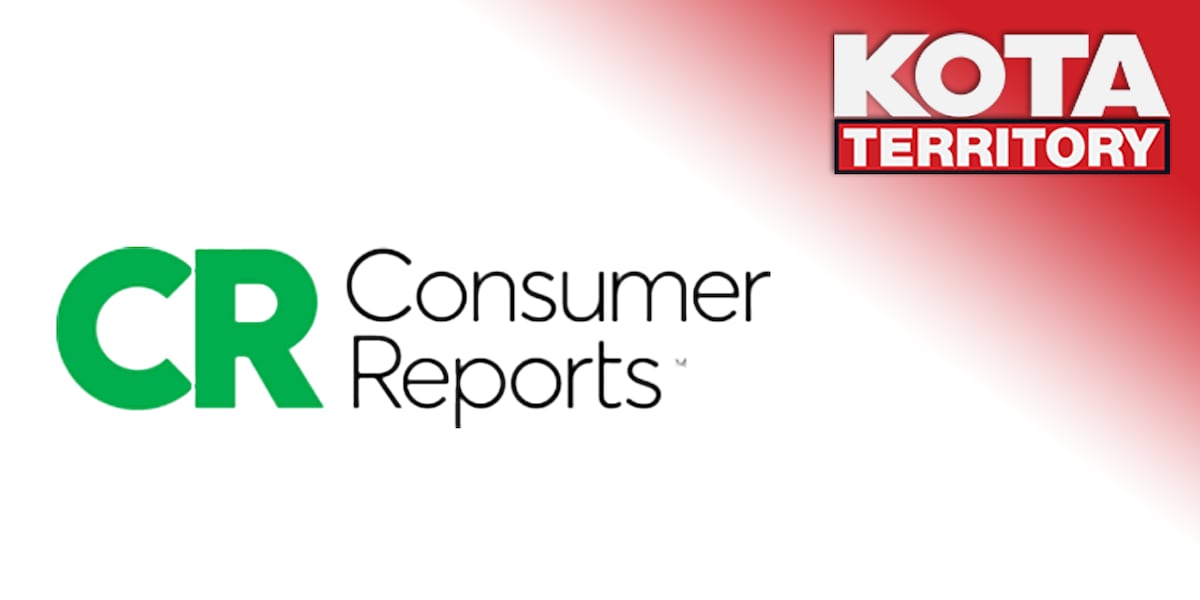Data, data, and more data! It seems like we can measure everything these days—and our health is no exception. From our daily steps to our body fat percentage, there’s a device for everything. And while we don’t need every health device out there, some medical devices can be indispensable. Consumer Reports explains which ones we should consider.
Having a few medical devices on hand can help you track some basic health metrics and gain important information to discuss with your doctor. These tools can’t replace a trusted doctor, but they can give you more data about your health between visits.
A blood pressure monitor is a must-have for anyone with high blood pressure, especially because office blood pressure measurements are often inaccurate. With nearly half of U.S. adults suffering from high blood pressure and less than a quarter having the condition under control, a blood pressure monitor can provide users with important data right from the comfort of their own home.
The top-rated home blood pressure monitor by Consumer Reports was the Omron Platinum for its accuracy and ease of use. The Omron Silver performed similarly to the top-of-the-line model, but can only record data for a single user.
Also, keep a thermometer handy in case you feel unwell. It is helpful to know whether a fever has started and how high it is. — See your doctor if the fever lasts for more than three days or rises above 40 degrees Celsius.
If you want to know more about how much exercise you are actually doing, you should consider a fitness tracker. Many trackers can monitor steps and activity levels and also track changes in heart rate.
Although it may not seem like it, a bathroom scale can also be an indispensable medical tool. It is especially important if you suffer from heart failure, because even small changes in weight can be a major warning sign of related problems such as fluid retention.
Unexpected weight loss in people with heart failure can also be a sign that the disease has worsened. In any case, inform your doctor.
And remember: If you’re 50 or older, especially if you take medication or have a chronic illness like high blood pressure, high cholesterol or diabetes, it’s important to have a check-up once a year.
All rights reserved.

